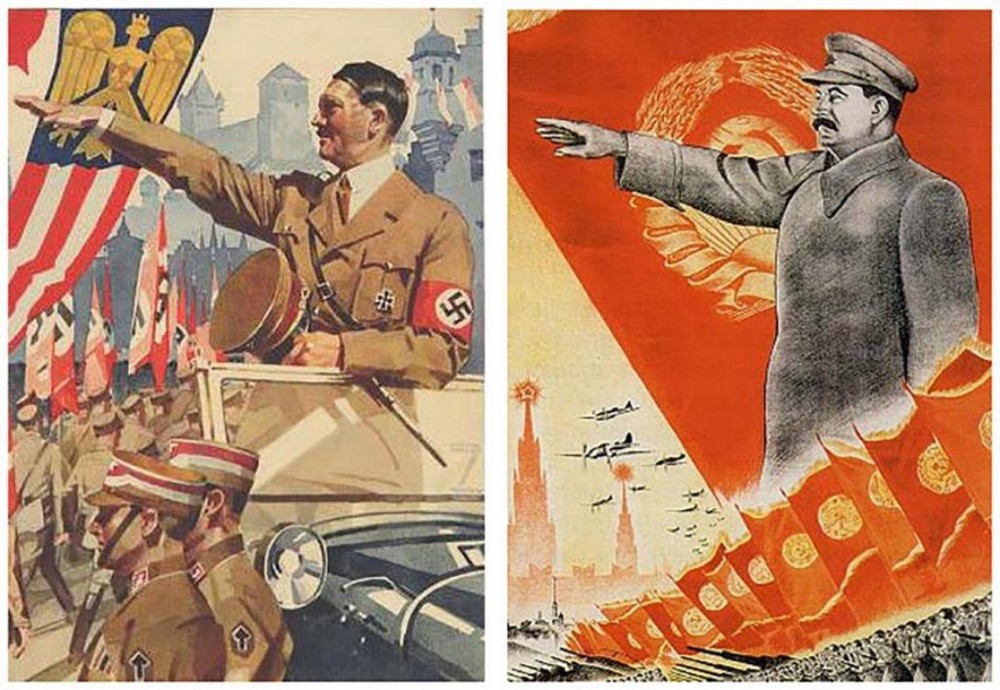After the Euromaidan Revolution, Ukraine experienced nothing short of an “archival revolution.” The historical archives of the Soviet secret service, the KGB, which was one of the enforcers of the oppressive Soviet regime, were opened up for public access. However, this progressive step is not insured from pitfalls, as the unhappy but informative experience of Russia before Putin suggests. It is particularly important given that Ukrainians, like every other nation, need a frank discussion about both their victimization and on assuming some measure of responsibility for a number of past tragedies. Russia's experience shows that the opening of previously classified KGB archives is irreversible only provided that the old triangle of stereotypes - of a “wise” official guardian in charge of documentary treasures, “too curious” researchers, and the “unenlightened” audience—is abandoned. Otherwise, history can be easily re-appropriated by the state and used to revive authoritarian structures.
“Just as the Bolsheviks had unearthed bodies of locally venerated saints in the 1920s and revealed that they had been physically corrupted, so this exhumation of the most intimate artifacts of party members, such as their party cards, the records of their real estate holdings, and their payoffs to failed revolutionaries in the West, was intended to secularize the grip they held over the imagination of the Russian citizen.”After being presented in Washington, the exhibit was planned to open in Moscow. But this never happened. And more generally, the “archival revolution” remained unfinished. While in August 1991 Russian President Yeltsin used his archival decrees to challenge the power structures of the Soviet Union that were complicit in the putsch, this motivation evaporated once the USSR was dead and all the executive institutions within the borders of the new Russia were subject to her president.
Although the 1991 presidential decree on transferring the files of the communist secret police to the public system has never been cancelled under Yeltsin or Putin, the archives of the KGB and other special services, as well as Soviet ministries of defense, interior and foreign affairs, remain (with little exceptions) in the possession of institutions that are successors to the Soviet ones.
“Can you imagine all the fascist documentation being classified as secret for some thirty years after the defeat of Nazi Germany?” former Soviet dissident Vladimir Bukovsky indignantly asked. “The new Germany did not conceal others’ secrets. If you were seriously breaking with the past, you would hardly hide it.”Based on Yeltsin’s decree of January 1992 restoring the obligation of Soviet state secrets, the former archives of the Central Committee of the Soviet Communist Party (the institution was known after the acronym TsKhSD in the 90s) was forbidden to hand any documents concerning Moscow’s foreign affairs after 1961 to its readers. Next year, TsKhSD director was fired after Harvard fellow Stephen Morris published the evidence showing that in the early 70s, the communist government of North Vietnam had concealed the real number of American prisoners of war, hoping to use them for political bargaining. The source of these revelations was a document Morris discovered occasionally in TsKhSD, while studying a different topic. A sensitive topic of supposed “ghosts” of America’s then longest war resulted in an investigation on the part of the US government and all-out denial on the Vietnamese part. Senator John Kerry (future Secretary of State under President Obama) compared the document to a “smoking gun.” Anatoly Prokopenko, who was mentioned in the previous part in the context of Raoul Wallenberg’s tragic fate, was appointed a new TsKhSD director after the incident. He hastened to declare the necessity of a “more restrictive approach” to the Soviet-era archival heritage. Ironically, Prokopenko was known for his liberal views on the archival field and calls for its freeing from the bond of secrecy. During the perestroika, he had played one of key roles in uncovering the long-denied truth about the other prisoners of war: the Polish officers massacred by the NKVD in Katyn in 1940. But the “Vietnamese story” taught him a lesson. Talking to the American historian Mark Kramer in 1993, Prokopenko paradoxically stated that the declassification of documents “doesn’t mean people should be allowed to look at them.” In 1993, a highly contradictory law on state secrets was introduced in Russia. On the one hand, it prohibited to limitat access to the documents directly related to the Soviet repression. On the other hand, the issue of declassifying the rest of the papers of the state and Party organs that lacked institutional successors was confided to the interdepartmental Commission for State Secrets. The Commission was created at the end of 1995, when the First Chechen War was in full swing. It contained the officials from Russian special services, the Ministry of Defense, and General Staff of the Armed Forces… but no member represented the archives. In addition, if a Soviet-time institution had a Russian successor, then (according to the law “On information” also adopted in 1995) the latter had the power to choose which documents should be made available. This de facto allowed to avoid their declassification even after the 30-year period expired.
“Russian officials,” the British historian Robert Davies sums up in his 1997 book Soviet History in the Yeltsin Era, “generally continued to be influenced by the Soviet ethos of secrecy, which [...] set the bounds of confidentiality far wider than in most other advanced countries.”You are welcome to send a request regarding the Soviet repressive bodies, their victims, and agents, to Ukraine’s SBU archives at [email protected]. Now it is not the state information—it is yours.
Read the previous parts:
- Ukrainians discover stories of repressed relatives in newly opened KGB archives
- Difficult choice for Ukraine as identities of KGB agents finally come to ligh





